Maybe you’re feeling “eco-guilt” over all those takeaway coffee cups and plastic water bottles. Maybe you saw the documentary The War On Waste. Or perhaps you’ve read about the huge containers of toxic waste that have been shipped from Australia to Asia for years – only to have many returned – and you’ve realised that plastic is no longer ‘someone else’s’ problem.
And it’s true that our plastic problem is vast: unless we change our ways, it’s estimated that by 2050 there will be more plastic, by weight, in our oceans than there are fish.
The good news is that – according to the eight brilliant women we spoke to – there are plenty of simple steps to improve the situation (this ‘Plastic-Free July – and beyond).
“Banish cling wrap”
“My number one tip is to stop using single-use plastic. Just stop letting it into your life,” says Tracey Bailey, the founder of Biome eco stores. “The big one is cling wrap. When you don’t have it, you find other ways, like putting a plate on top of a bowl or reusing glass jars that have had pasta sauce.”
Tracey, who launched Biome 15 years ago, after becoming disillusioned with the way multi-national corporations were mass-producing products in Asia, says that metal safety razors are a great environmentally friendly alternative to plastic razors as they last a lifetime (only the blades need updating). She also recommends solid cubes of shampoo. “They’re cubes – like sugar cubes – and you roll one on to your hand and wash your hair with it. They’re fabulous for travelling. I always advise people to take it step by step and not feel you have to have to do everything at once.”
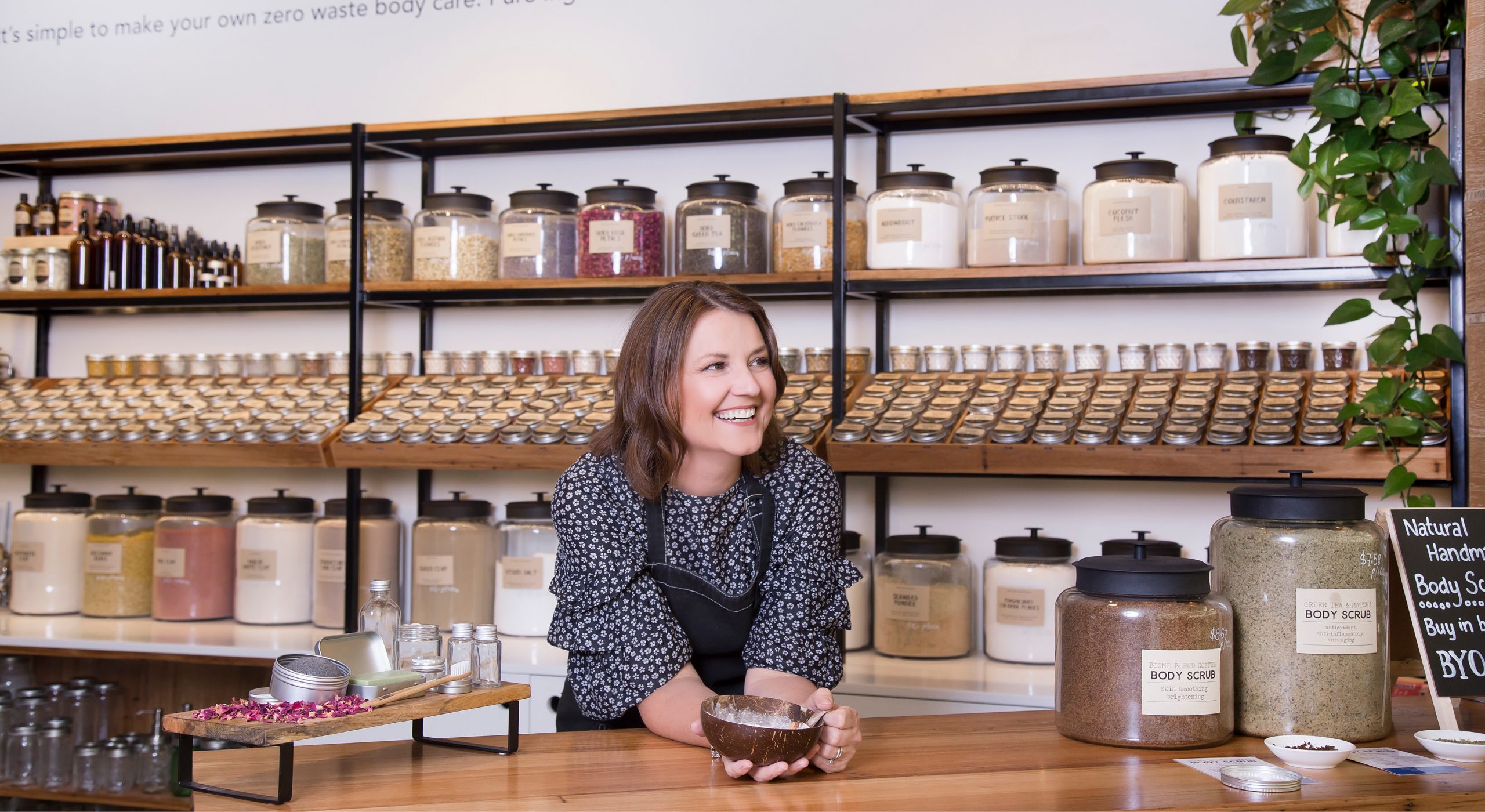

“Skip liquid soap and disposable coffee cups”
As the co-founder of KeepCup – the revolutionary Melbourne company that brought reusable coffee cups to the world – Abigail Forsyth knows a thing or two about reducing plastic consumption. At home, she doesn’t use liquid soap – “we use soap bars” – and at work, KeepCup is focused on reducing waste in their supply chain.
Abigail admits that reducing “hidden plastic” can be tricky. “People might think they’re making better choices when they choose the cardboard-looking tubs of ice-cream instead of the plastic tubs but actually the plastic ones can be recycled and the other [poly-coated] one can’t.” But Abigail says that if consumers make environmental choices where possible, then large corporates will be forced to act.
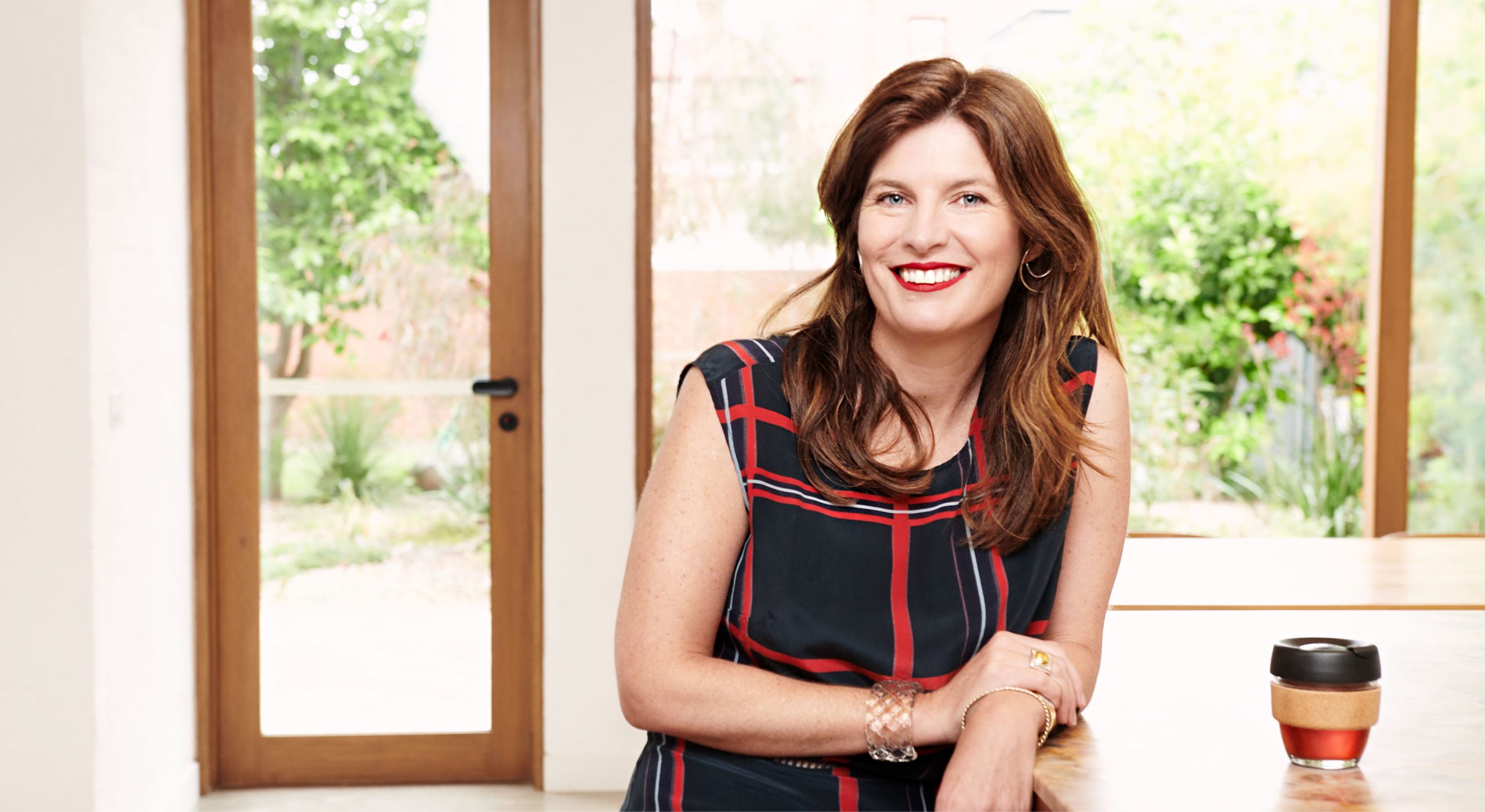

“Share and re-use!”
“We are all so used to buying everything new for ourselves, but there’s something extremely satisfying about getting use out of an item that’s been passed on to you by a friend or loved one,” says Aimee Marks, the founder of TOM Organic, who points to the local toy library as a great way to cut consumption.
Reducing environmental waste is one of the “driving forces” behind TOM Organic, which is also a certified B-Corp and just launched an applicator tampon that is 100 per cent biodegradable, including packaging.
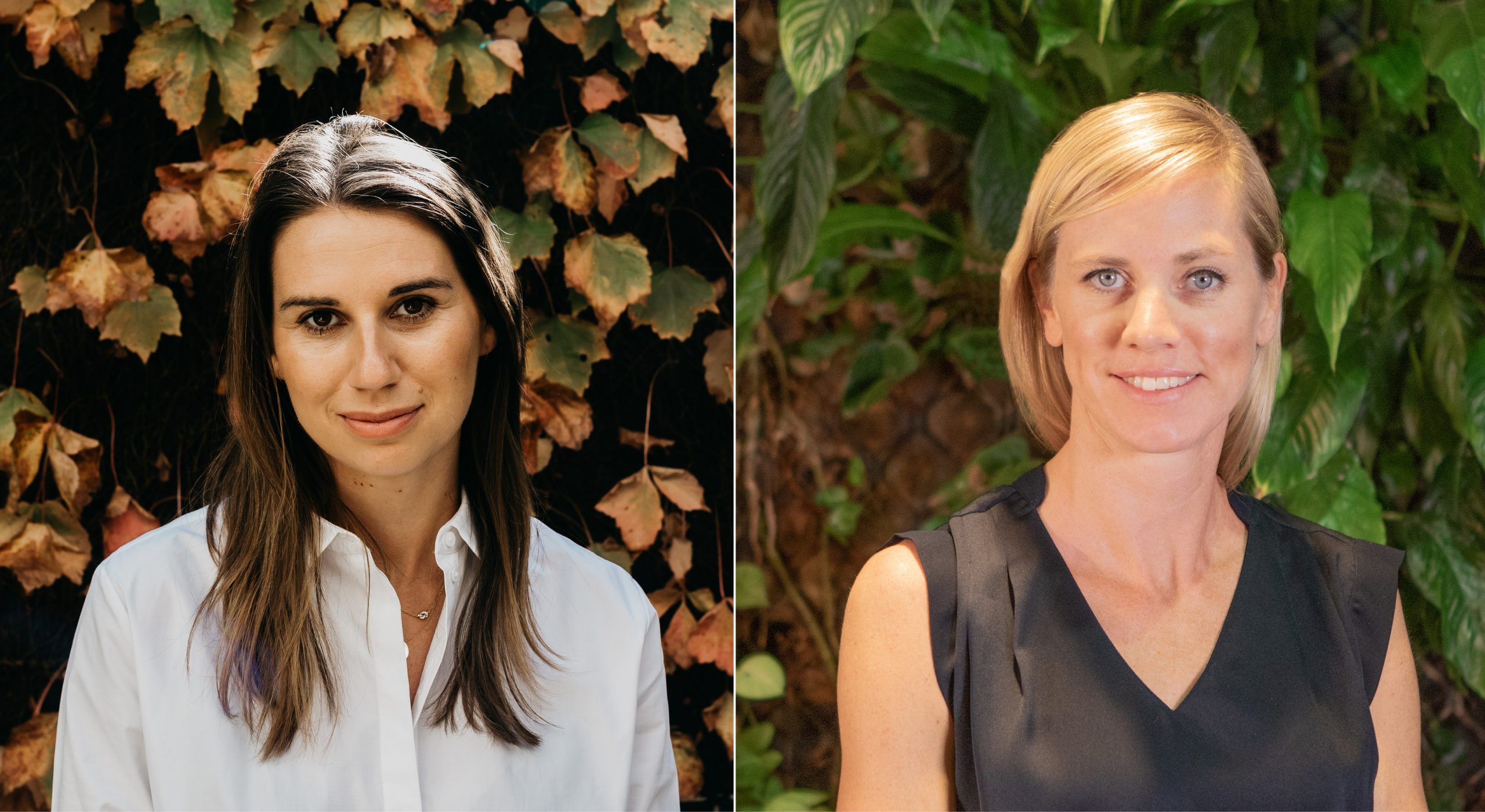

“Try beeswax wraps”
“The whole idea [of reducing plastic] can feel a bit overwhelming for people,” admits Jemma Whiten, director of marketing and digital for ecostore. One easy but effective step is to swap clingfilm for honey or beeswax wraps. “What I love most is that it keeps food really fresh.” Another tip is to buy in bulk where possible, especially for school lunches, which can so easily be filled with individually wrapped items. “One for the lifestyle changes that really makes you stop and think [about the environment] is having kids: what do we want to leave for them? What changes do we want to make for them?”
At ecostore, Jemma says more than 80 per cent of products are packaged in renewable and recyclable “sugar plastic”, which removes rather than adds carbon to the atmosphere, and the company has just launched refill stations at supermarkets in New Zealand.
“Ditch “sneaky” plastics”
It was the move from the UK to Australia that opened Charlie Thompson’s eyes to the scale of the plastic problem. “There was just something about seeing all the plastic on the beach and in the ocean in such a pristine environment,” says the co-founder of The Clean Collective, an eco and natural-health website.
Thompson recommends first arming yourself with reusables (coffee cups, water bottles, straws) and then eliminating the less obvious “sneaky plastics” in your home, from sponges with plastic handles, to toothbrushes and synthetic dish cloths.
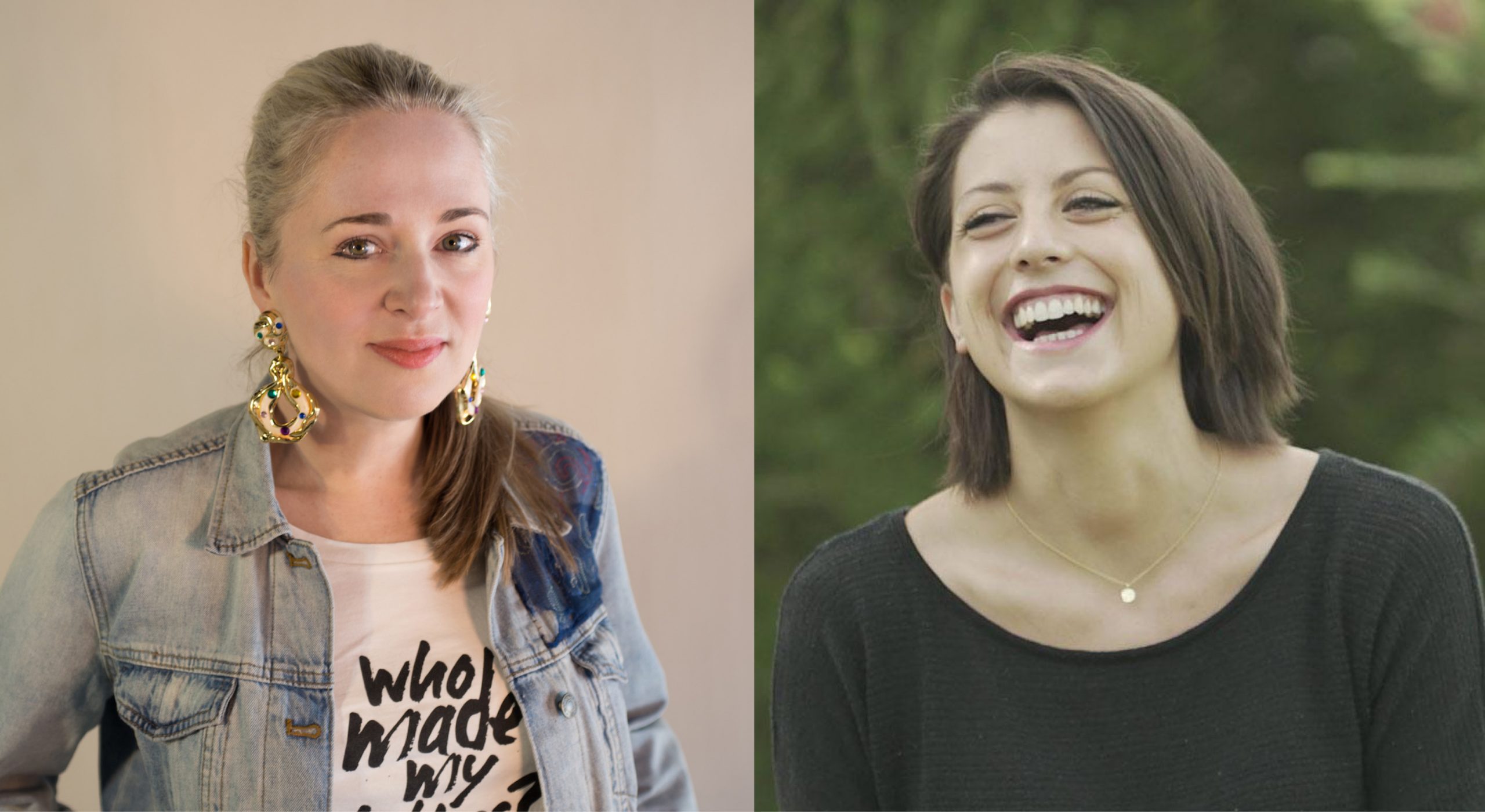

“Buy Guppyfriend bags”
“Once you commit to limiting the plastic in your life, you see it everywhere. It’s a nightmare – blowing around in the street, unnecessarily shrink-wrapping fruit and veg, added (why?) around jar lids, lurking inside beer bottle tops,” says Clare Press, the author and presenter of the Wardrobe Crisis podcast. She advocates lobbying politicians for better regulation, cutting back on single-use plastics and – as a fashion journalist – buying Guppyfriend bags.
“About 70 per cent of the clothes made each year are synthetics and every time they’re washed thousands of tiny plastic fibres escape. One hack is to buy a Guppyfriend bag, which you put synthetic clothes in for washing – it captures many of the fibres, you can pick this lint and throw it away with your rubbish. Tiny weeny bits of plastic are polluting our oceans and even our air. Did you know we breathe this stuff in?”
“Avoid fruit or veggies wrapped in plastic”
For Alexandra Campbell, the public relations and activism manager at The Body Shop, reducing plastic at home means being diligent about recycling, as well as avoiding any unnecessary plastic on fruit or vegetables. “Over the past couple of years I’ve really tried to make a big effort to reduce the plastic I use personally.”
Alexandra adds that The Body Shop recently announced a new initiative called Plastics for Change, where some products, such as haircare, are packaged in 100% recycled plastic. The Body Shop also enables customers to return empty pots, tubs and tubes for recycling.
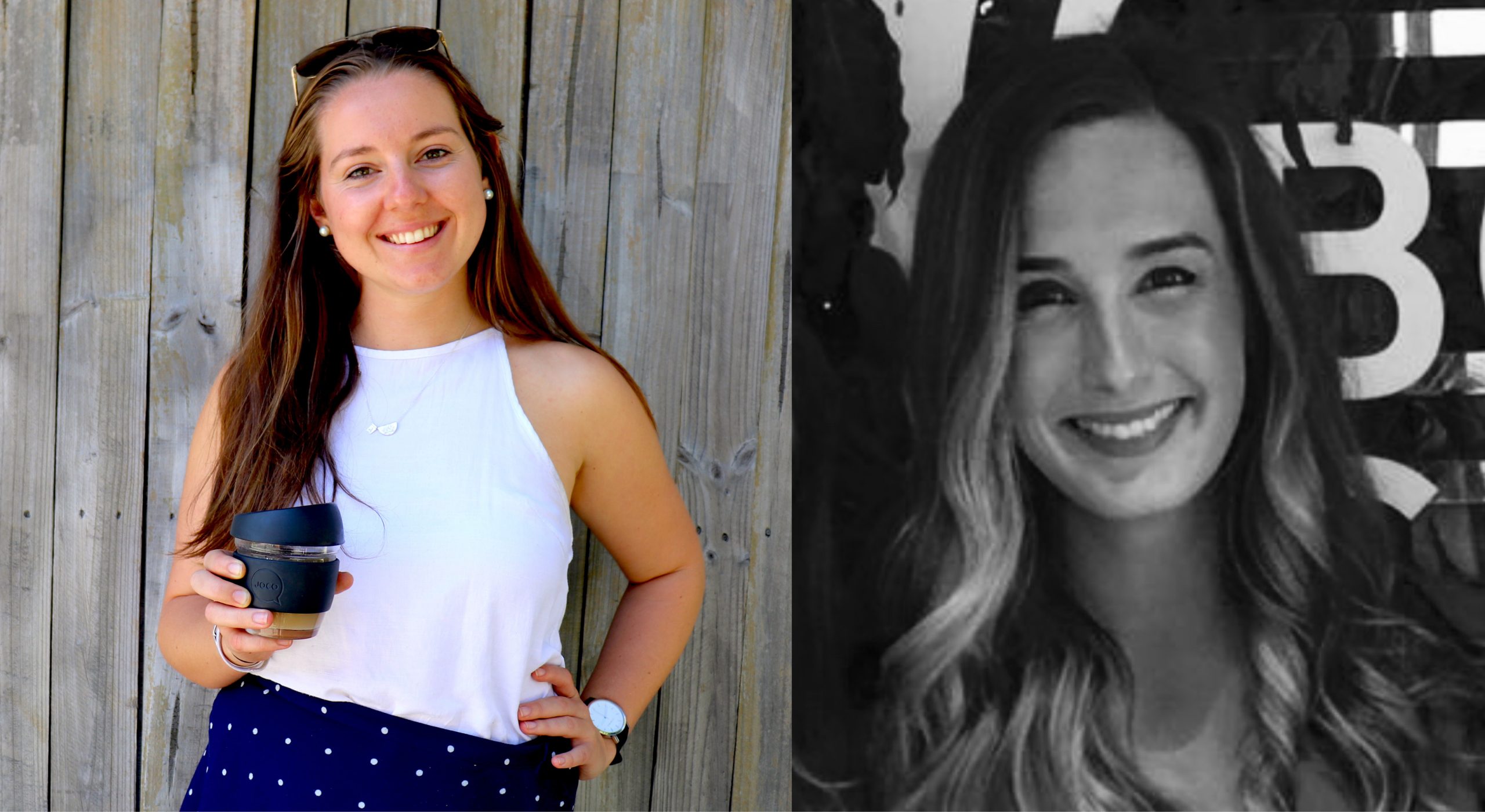

“Try bamboo toothbrushes”
Did you know that every tooth brush you’ve ever used still exists? For Lottie Dalziel, the founder of environmental e-tailer Banish, that was enough for her to make the switch to bamboo toothbrushes. “Two billion plastic tooth brushes end up in landfill every year,” says Lottie, who also advocates avoiding plastic cutlery (which can’t be recycled) by tucking a spare set in your bag.




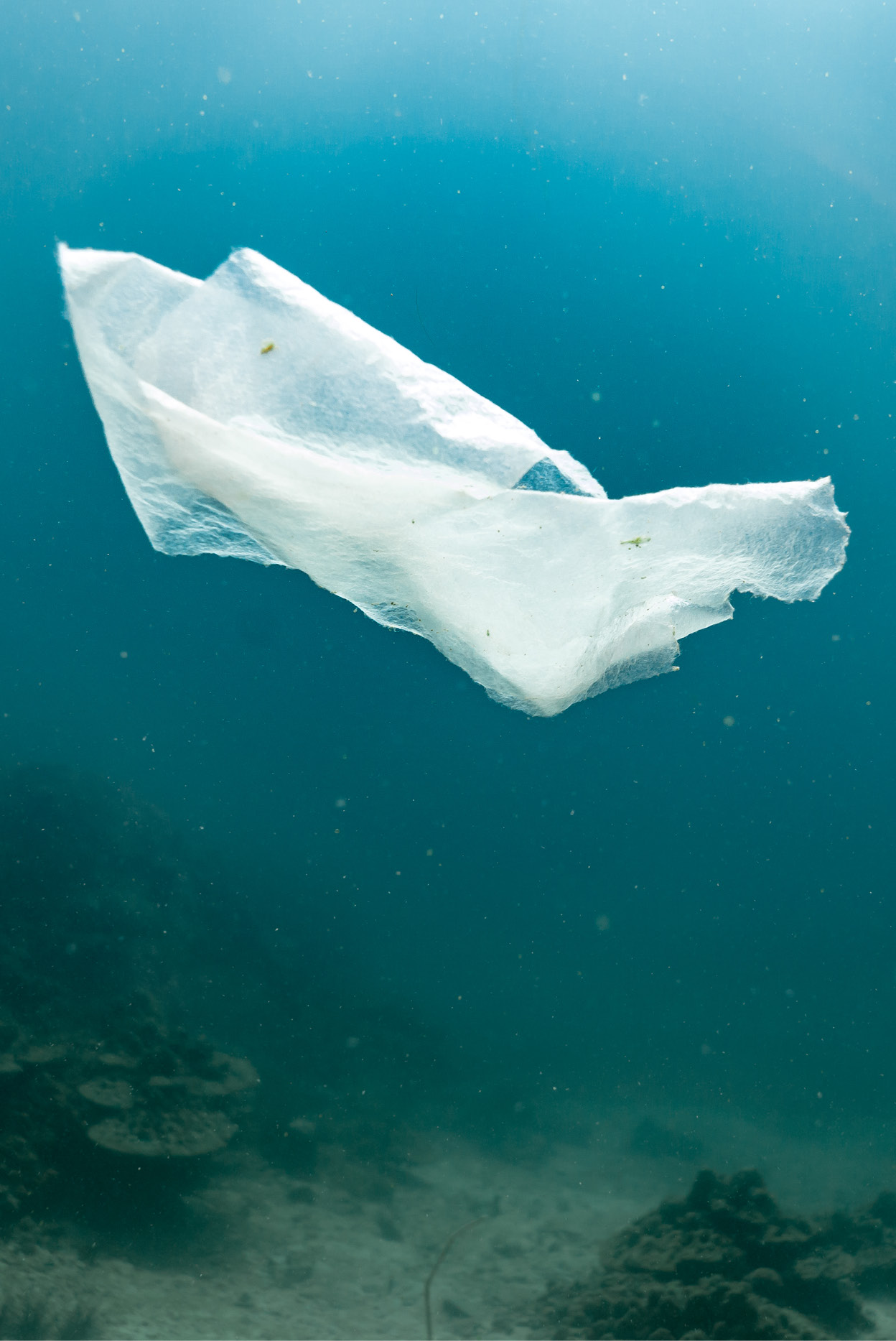
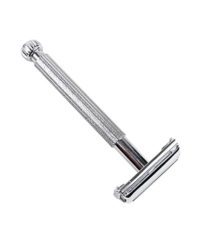
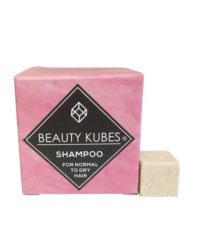
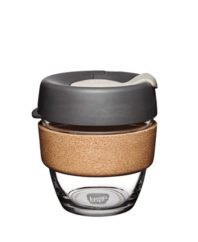
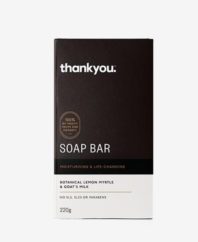
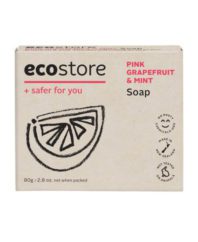
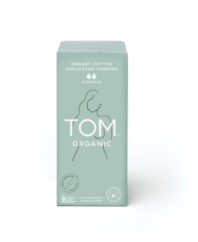
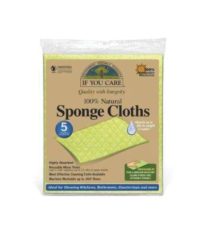
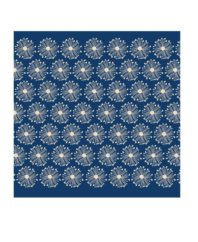
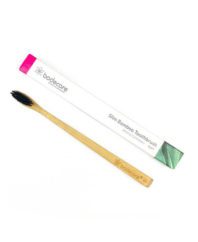
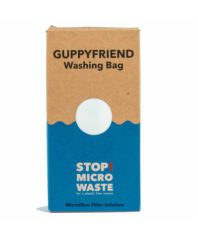
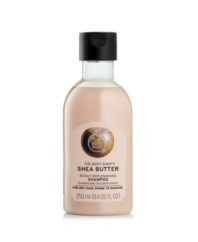
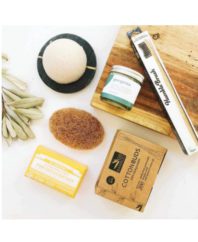
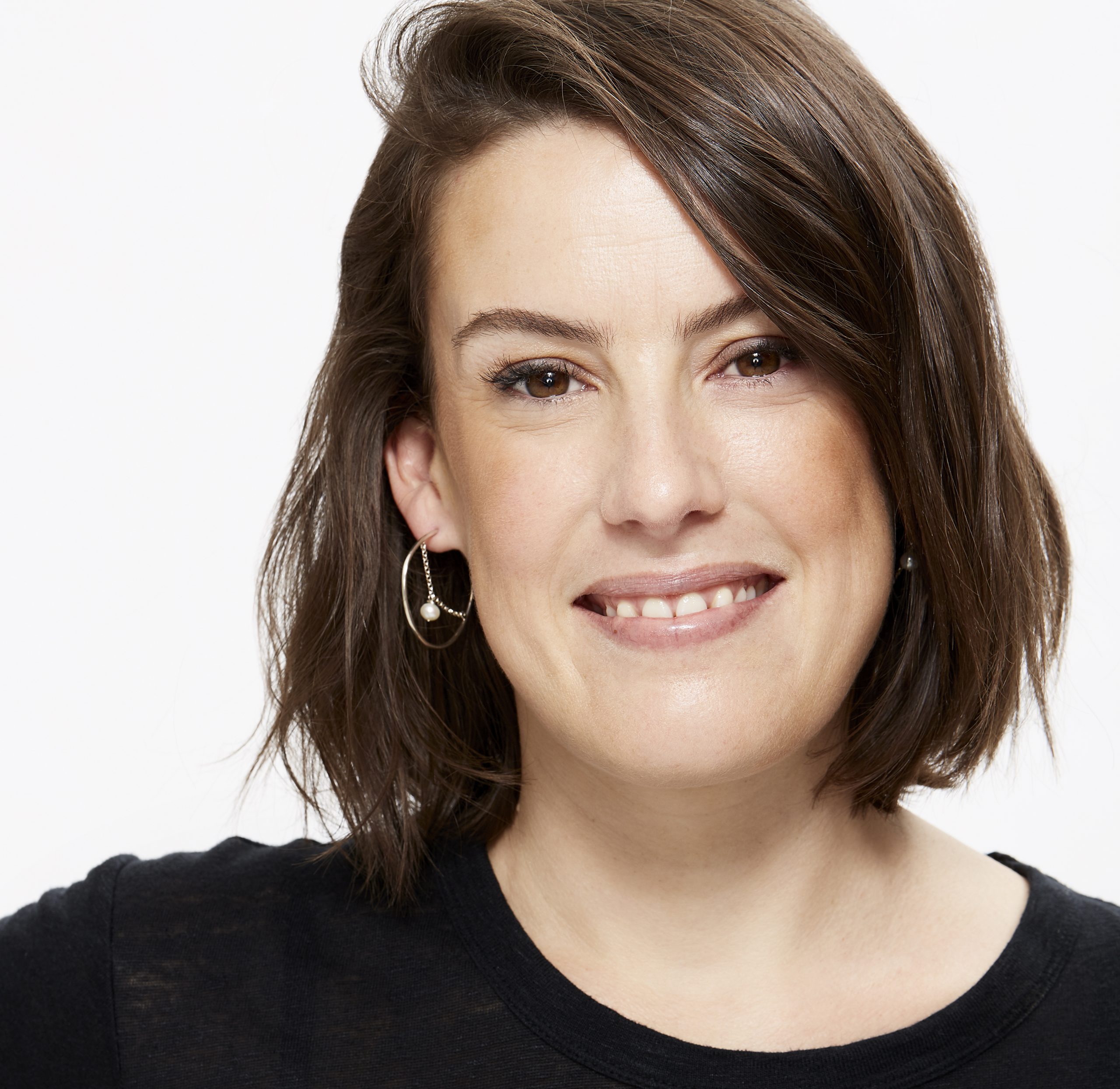


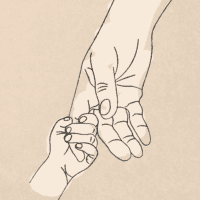

No Comments